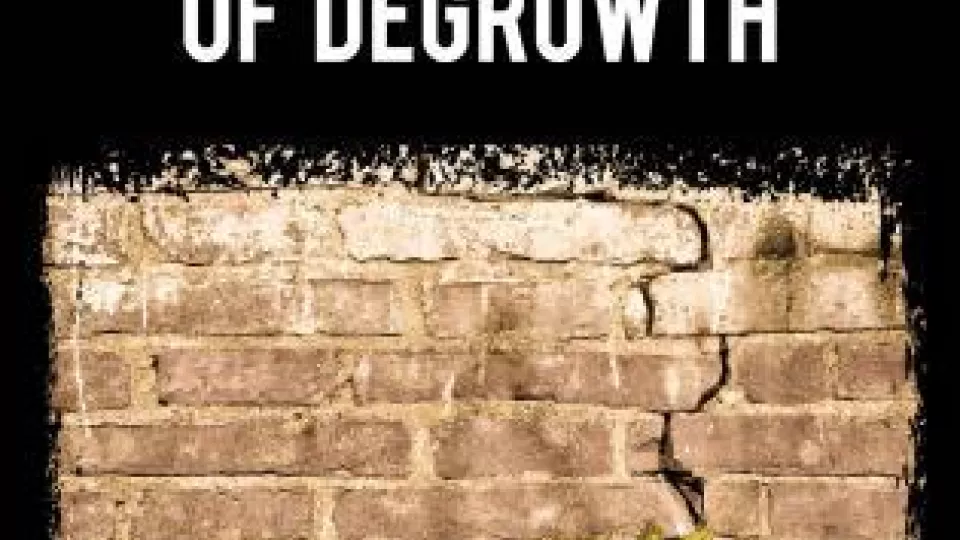Interview with the editors Ekaterina Chertkovskaya and Alexander Paulsson
What is the book about?
The book is devoted to advancing the discussion on degrowth. After the important books that introduced the concept, such as Degrowth: A vocabulary for a new era edited by Giacomo D'Alisa and colleagues, or Degrowth by Giorgos Kallis, we take a step further in bringing degrowth in dialogue with various theoretical perspectives, connect it to new contexts and discuss a range of concepts that can be problematised or engaged with by the degrowth scholarship and movement. Together, they show the problems with how economy works today, as well as contours of what a different political economy and society could look like.
In what ways has your work within the Pufendorf IAS contributed to your research and to the book?
Our Theme on Degrowth set the ground for many of us to explore degrowth and connected us as a group, so we are really grateful for this opportunity. The book was conceived during this time, and many authors are the people we were in touch with or who visited us during the Theme. Other work that we do as part of the Institute for degrowth studies association – like organising the 6th International Degrowth Conference in Malmö or local events on the topic – also has its roots at Pufendorf, even if the group has transformed and many new people, not just academics, have joined us since.
How has the degrowth movement developed during the past years?
There is now a rich body of scholarship on degrowth, connected to many sub-topics and academic disciplines, which together make a strong case for systemic change. For example, the recent work on the unfeasibility of decoupling growth from material and energy throughput has strengthened scholarly consensus on this issue, and more people see green growth as a misleading policy objective. Alliances are being built with other critical groups in academia and movements. For example, in 2018 more than 200 scholars and 90 000 people signed a collective letter urging the EU to put well-being instead of growth into the centre of policy-making. There are already many grassroots alternatives to the current growth-centric system, so these should be visibilised and supported, including via active social movements and changing policies. There is also a lot for interest in degrowth from young people, which is inspiring.
How can your book contribute to the debate about degrowth and to the climate debate in general?
Our book cherishes the multiple voices that shape degrowth today, which make it a truly vibrant discussion, but it also highlights the closures and exclusions that can emerge in any well-intended initiative – whether internal power relations in alternative organisations or narrowing it down to a set of rigid rules. Thus, we suggest that continuous critical self-reflection and openness to what degrowth is and wants – what we call nomadic utopianism – is extremely important for acting in an informed way, and with care. When it comes to the climate debate, degrowth scholarship brings up the importance of reduction of material and energy throughput and going away from the goal of economic growth or green growth. It also highlights that climate crisis is part of the multiple facets of the systemic crisis of capitalism, and thus the importance of different movements to join forces for system change.
Editors: Ekaterina Chertkovskaya, Alexander Paulsson and Stefania Barca.


